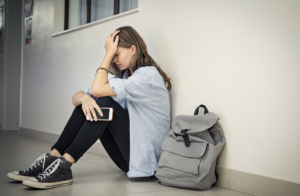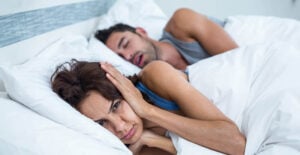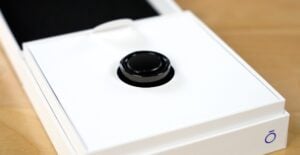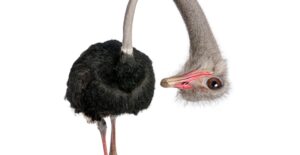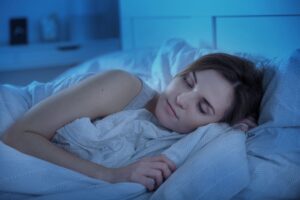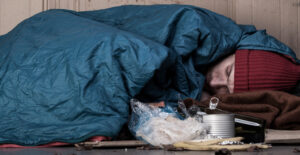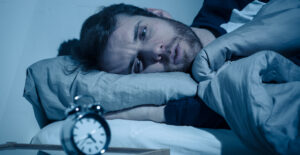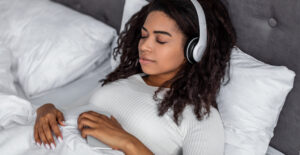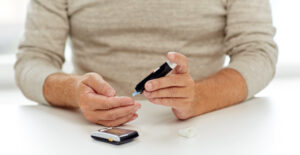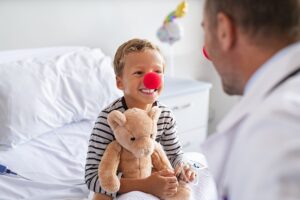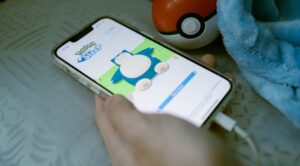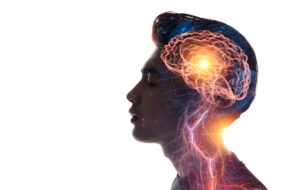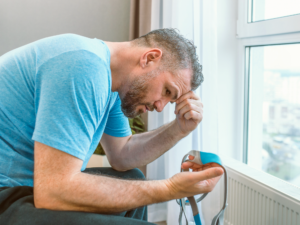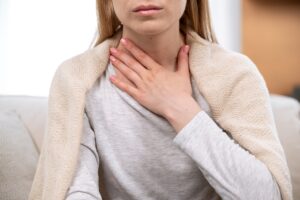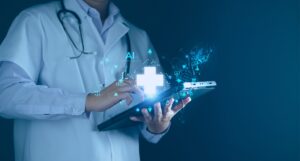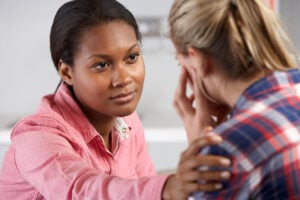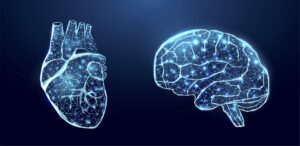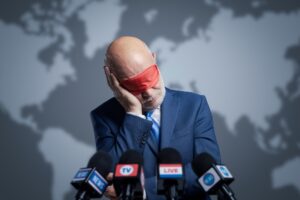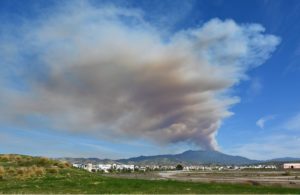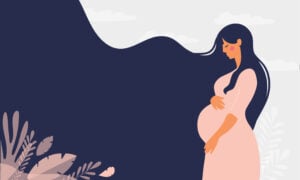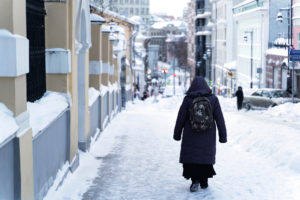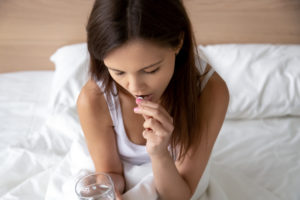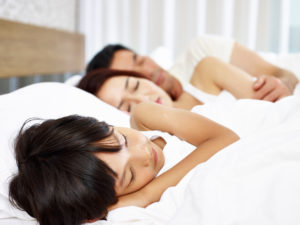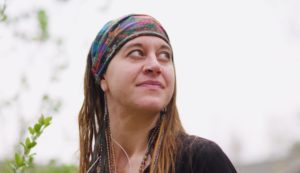Researchers Develop Blood Test to Detect Sleep Deprivation
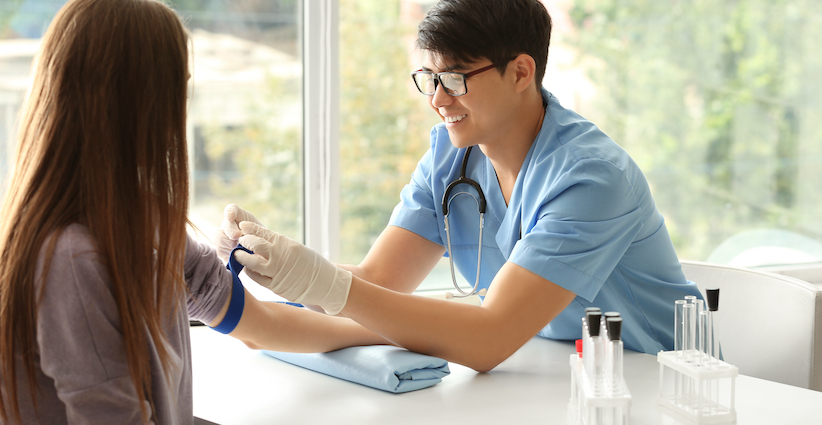
Going without sleep for 24 hours is comparable to having a blood alcohol level that exceeds drunk driving limits. Sleep deprivation affects attention, reaction times, decision making, and it may cause drivers to fall asleep at the wheel. It’s estimated that drowsy driving is a factor in 21% of fatal crashes. While there are several ways to test for drunk driving, so far, there is no good test to detect a drowsy driver.
Now, researchers at Monash University in Australia endeavoring to develop a blood test for sleep deprivation have detected certain elements in blood that may help identify when someone has been awake for more than 24 hours.
To develop the test, the researchers enrolled 23 young and healthy participants with no known sleep disorders. Testing took place in a controlled laboratory setting with lighting and meals designed to eliminate time cues.
The researchers first worked to find metabolites — substances formed during normal body processes — that seemed to have some relation with sleep loss. Ideally, these biomarkers would represent sleepiness without being affected by other factors such as time of day or stress levels. The biomarkers used in the test are tied to liver function, Alzheimer’s disease, type 2 diabetes, and heart health.
The study participants spent 40 hours awake in the lab while experts took a series of blood samples over time. Out of hundreds of metabolites, they used machine learning to pare down and identify five relevant biomarkers.
By comparing levels of these five biomarkers in the same person over time, researchers could identify with almost 95% accuracy if that person had been awake for more than 24 hours. The test also identified when someone had been awake for at least 18 hours, although it was only 84.6% accurate in this case.

With some improvements, the test could be used to take a series of blood samples from professionals, such as truck drivers, airline personnel, or medical staff, to flag situations when they are too sleepy to work safely.
But, when investigating an accident such as a car crash, experts may not have access to a person’s previous blood samples. So, the researchers also explored whether they could identify sleep deprivation from a single sample by comparing single samples from sleep-deprived participants to samples from well-rested controls. They determined that the test is 65% accurate at predicting if a person has been awake for more than 24 hours.
While the blood test shows promise, it requires greater accuracy before it’s used in real-world situations like roadside testing or accident investigation. Future studies must examine a larger population and adjust for factors such as temperature and activity levels. It would also be useful to know if the test works on people who have slept just four or five hours in 24 hours and whether the biomarkers respond to power naps — often recommended as a way to beat drowsy driving.
Beyond helping to prevent accidents, the authors note that understanding the effects of sleep loss on these biomarkers may help experts determine the long-term impacts of chronic sleep deprivation and why some people handle sleep loss better than others.
Although not ready for prime time yet, the blood test represents a step forward in the drive to prevent accidents by identifying when someone is sleep-deprived.
Got a hot tip? Pitch us your story idea, share your expertise with SleepFoundation.org, or let us know about your sleep experiences right here.
References
6 Sources
-
Jeppe, K., Ftouni, S., Nijagal, B., Grant, L. K., Lockley, S. W., Rajaratnam, S. M. W., Phillips, A. J. K., McConville, M. J., Tull, D., & Anderson, C. (2024). Accurate detection of acute sleep deprivation using a metabolomic biomarker-A machine learning approach. Science advances, 10(10), eadj6834.
https://pubmed.ncbi.nlm.nih.gov/38457492/ -
Lowrie, J., & Brownlow, H. (2020). The impact of sleep deprivation and alcohol on driving: a comparative study. BMC public health, 20(1), 980.
https://pubmed.ncbi.nlm.nih.gov/32571274/ -
AAA Foundation for Traffic Safety. (2015, November). Prevalence of Self-Reported Drowsy Driving.
https://aaafoundation.org/wp-content/uploads/2017/12/PrevalenceOfSelfReportedDrowsyDrivingReport.pdf -
Owens, J.M., Dingus, T.A., Guo, F., Fang, Y., Perez, M., McClafferty, J. & Tefft, B.C. (2018). Prevalence of drowsy driving crashes: Estimates from a large-scale naturalistic driving study. AAA Foundation for Traffic Safety.
https://aaafoundation.org/prevalence-drowsy-driving-crashes-estimates-large-scale-naturalistic-driving-study/ -
Sprajcer, M., Dawson, D., Kosmadopoulos, A., Sach, E. J., Crowther, M. E., Sargent, C., & Roach, G. D. (2023). How tired is too tired to drive? A systematic review assessing the use of prior sleep duration to detect driving impairment. Nature and science of sleep, 15, 175–206.
https://pubmed.ncbi.nlm.nih.gov/37038440/ -
National Highway Traffic Safety Administration. (n.d.). Drowsy driving. U.S. Department of Transportation.
https://www.nhtsa.gov/risky-driving/drowsy-driving


